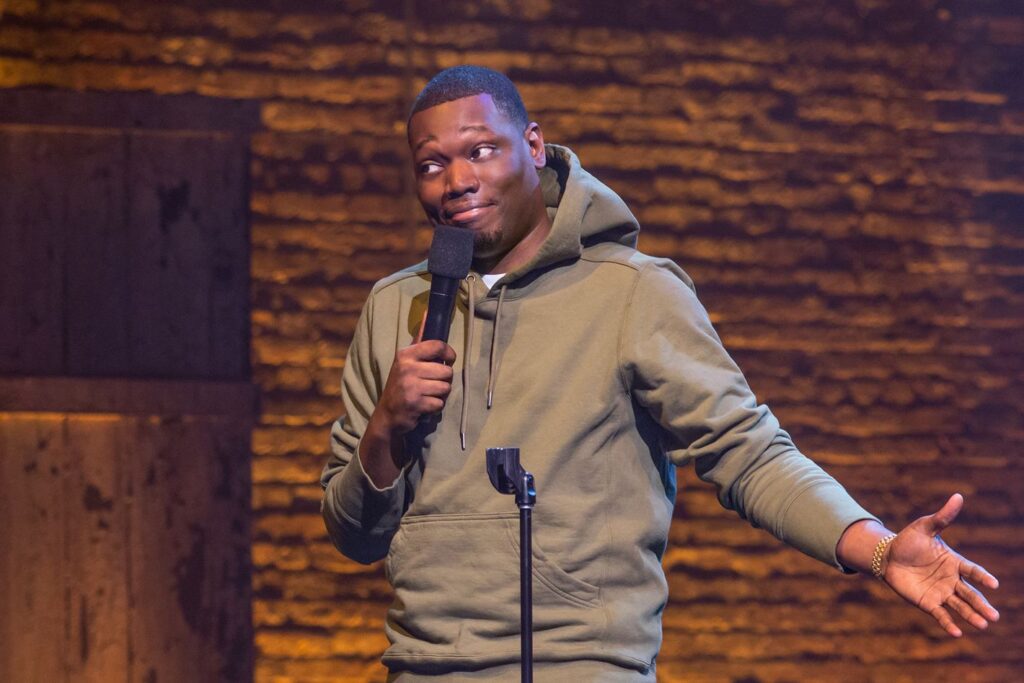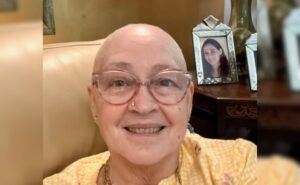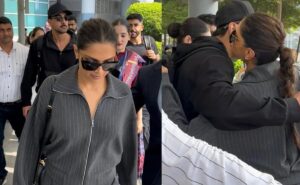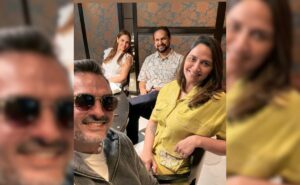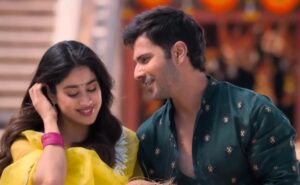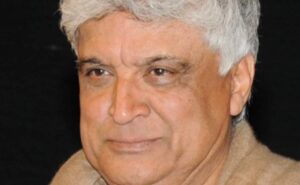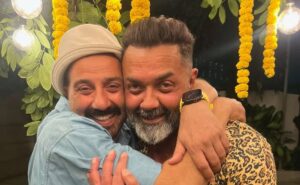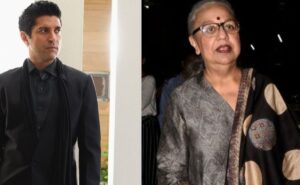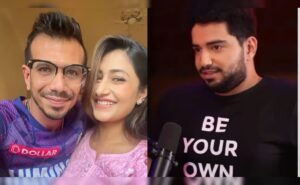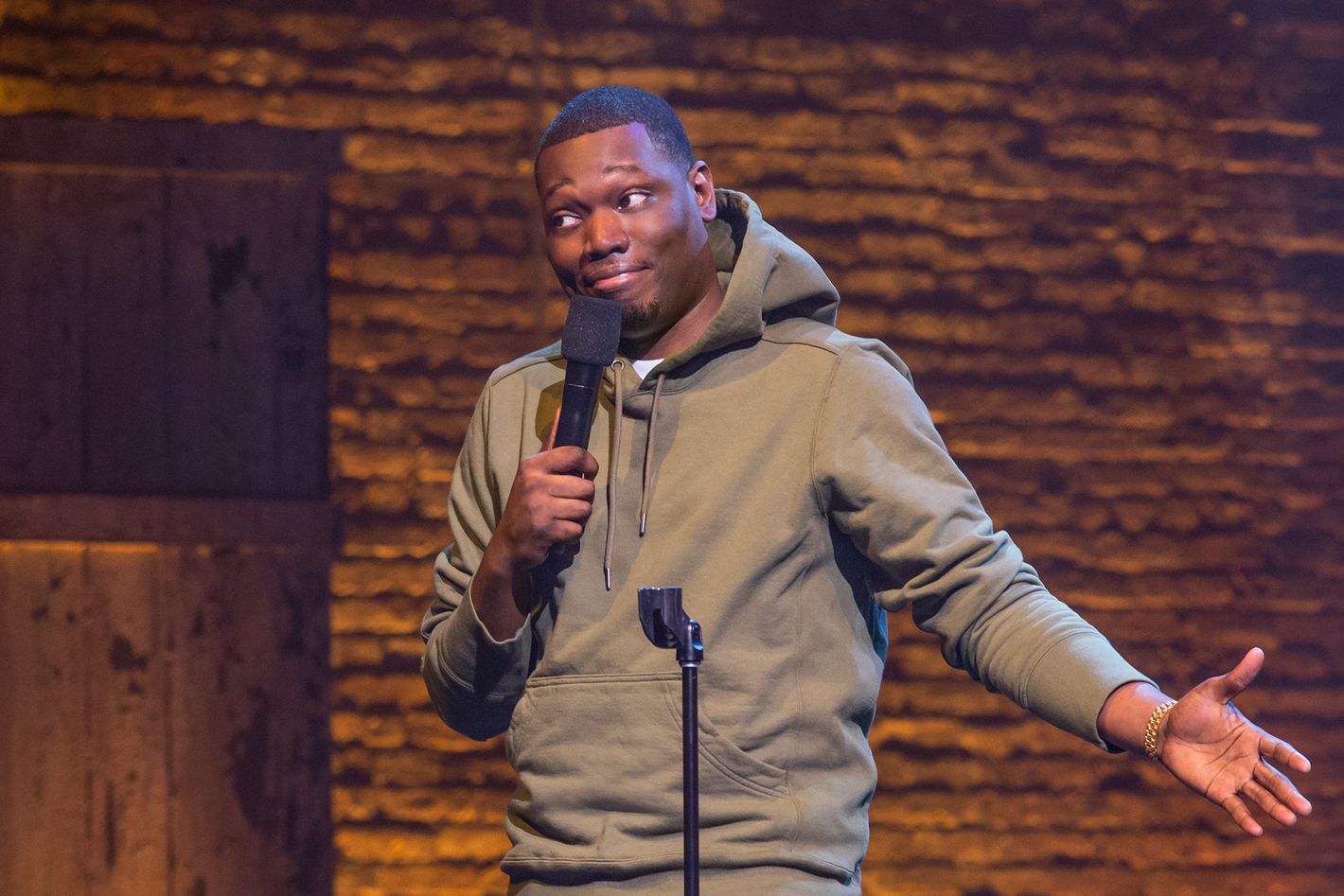
It’s surprising that Michael Che’s bit “Civil-Rights Update” is from his 2016 Netflix special, Michael Che Matters, and not his current hour. In its relevance, Che could have released it yesterday, and that, of course, is his whole depressing point. Black Americans have faced constant racism and animosity since the first Africans were brought to North America by 17th-century Europeans. Progress has been excruciatingly slow ever since, and it seems only to be getting slower. Che’s bit is a very funny, insightful, expertly performed, and remarkably not preachy take on a weighty, distressing subject. Watch it now.
“I like to start with race stuff because I feel like right now there’s a lot of tension,” Che begins. The Brooklyn audience validates this notion with a thick, uncomfortable silence. “Blacks and cops aren’t getting along,” Che explains. Still nothing from the crowd. “I don’t know if you’ve seen the news for the last 400 years, but …,” Che continues at 0:13, which pops that tension bubble so deftly the audience applauds for ten seconds straight.
He then makes an excellent decision to move from the abstract landscape of national politics to the personal. He explains that his brother is a cop, then he reinforces his premise by saying they don’t talk much, only at Thanksgiving. “I’m reaching for the potatoes,” Che tells his brother like a nervous suspect, earning another ten seconds of applause before the one-minute mark has passed — an impressive achievement made possible by his extra-lean setups. Che packs the whole brother chunk into just 51 words that include two big laughs before the punch line.
Doing a light joke after announcing a heavy premise is always smart, but Che’s brother reference also defuses some objections that might get in the audience’s way of enjoying a bit on a polarizing political issue. He tells them twice that he loves his brother, assuring them he doesn’t “hate all cops.” His Thanksgiving jab at his brother shows Che has a sense of humor about even this topic and lets the crowd know it’s not about to hear some scolding, laughless tirade. As comedian and comedy historian Mike Bridenstine once whispered to me as we watched a comic bomb with strident material about the war on terror, “It’s not called ‘stand-up point-making.’”
Che notes that Black Lives Matter doesn’t mean “matters more than you, just matters.” “Matters,” he says again. “Just matters.” He repeats the word but not to hit it louder and more indignantly each time, as a lesser, preachier “stand-up point-maker” might. With each repetition, he grows quieter, more agreeable, and less intrusive until it sounds like a mild, friendly reminder showing just how small the movement’s demand actually is. “That’s where we’re starting the negotiations,” he follows up to more laughter at 1:33.
Che wonders what statement wouldn’t be controversial. Could he even say “Black lives exist” without getting pushback? At 2:08, he notes that gay people only want to be treated equally, but still some people are like, “Nah, son, I disagree.” Black people aren’t even that ambitious, he claims: “We ask for the lowest rights.” They aren’t even asking for equality; they’ll settle for “civil rights.” “Just be civil!” Che pleads to a seven-second applause break at 2:34. “Turn the fucking hose off,” he adds at 2:43, reminding the audience of the commonplace fire-hosing of Black protesters just 60-some years ago. When he delivers the common objection that, actually, “all lives matter,” Che adopts a voice that suggests an aggrieved white guy without slipping into a cartoon ComicView white-guy voice, possibly alienating the audience members who most need to hear Che’s point of view. It keeps enough of them onboard that when, at 3:08, he explains that this response is like if your wife asked you if you loved her and you answered, “Baby, I love everybody!,” he gets a third ten-second applause break.
Some moments can happen only in a stand-up performance, in which no illusory “fourth wall” prevents the comic from acknowledging and interacting with the audience. At 3:25, Che asks why Black people are always told to get over things so quickly. The audience goes uncomfortably silent except for one person’s clapping. Che looks at the woman and says, “Thanks, Black lady,” earning another ovation. The crowd has just witnessed the lack of sympathetic applause from anyone except a single Black person, giving Che’s argument the ring of undeniable truth just as he moves into his closer.
Che’s anti-BLM character dismisses a list of injustices endured by Black people, again using just enough of the cadence of a suburban white grump to let us know where these objections come from without pushing so far into parody that the voice itself becomes the focus. After telling Black people to get over slavery, segregation, and police shootings, Che’s character draws the line when the topic shifts to 9/11. “Oh, never forget,” he says, his dead-serious face perfectly capturing this sort of performatively patriotic douchebag character. The lone clapping woman is then joined by the whole audience in celebrating Che’s twist with a seven-second applause break ending at 4:05. His plan to wear an “All Buildings Matter” shirt in response earns him yet another ovation just seconds on the heels of the previous one.
I’ve never believed stand-ups are the “last truth tellers,” the “heirs to the Greek philosophers,” or whatever we’re currently saying to make telling Arby’s jokes in a mall sound important. But more than any other category of speaker, stand-ups are the best equipped to make people enjoy listening to ideas they don’t agree with. “Civil-Rights Update” is proof of this, and it deserves every last second of the solid minute of applause Che receives over the course of the performance. He steers his audience through a thorny tangle of controversial topics with a clear, unapologetic point of view. He never loses sight of the goal of laughter, and he never succumbs to the lure of egotistical grandstanding. Those seeking to hold back progress are good at shouting down any serious discussion of injustice, but fortunately there are people like Che — those skilled in the art of unserious discussion who can frame oppression so that people not only listen but enjoy it so much they’ll applaud for over a minute. Thanks to Che’s talent, “Civil Rights Update” is a shining example of the art of comedy persuasion even as it reminds us how much persuasion is still to be done.
More Great Bits
The 2016 bit is a shining example of the art of comedy persuasion.

